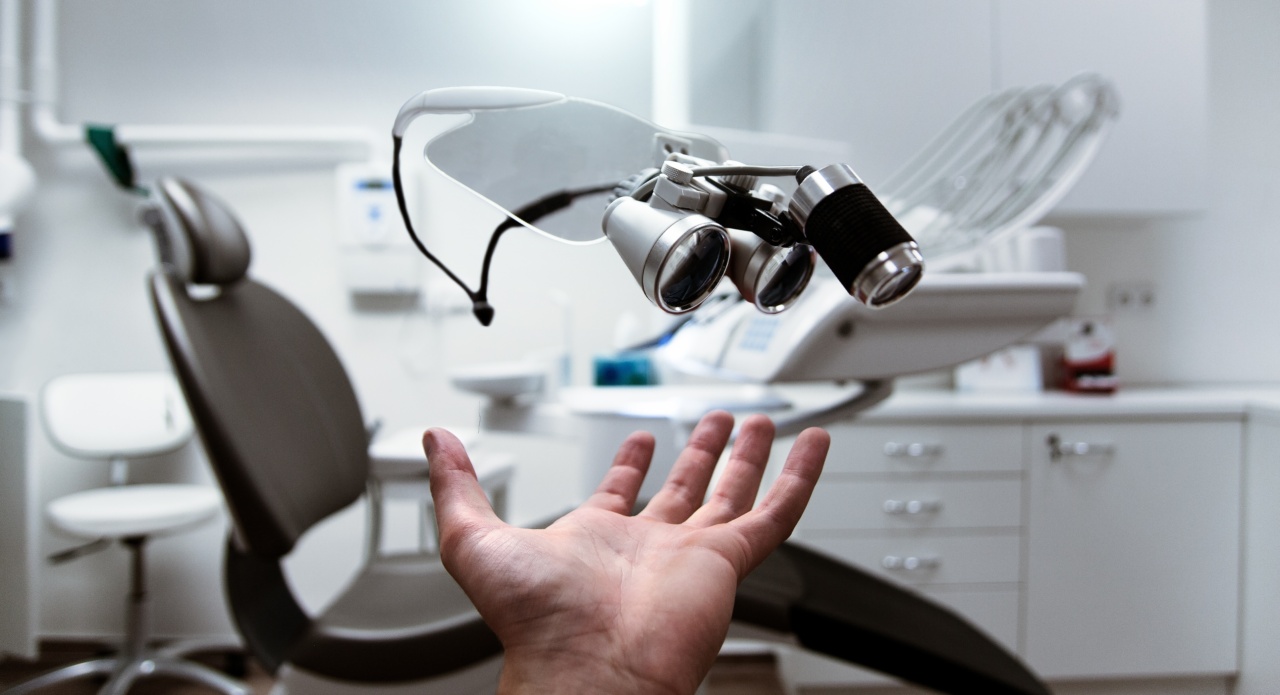Dental phobia is a common fear that affects millions of people worldwide. It is characterized by an intense fear of dental procedures, which can result in avoidance of appointments since the anxiety levels surrounding a visit can become unbearable.
While it may be labeled as a simple fear by some, the underlying psychological and physiological processes that trigger it are incredibly complex and challenging to understand.
The Psychology of Dental Phobia
Dental phobia is considered one of the most common phobias, with the general population aiming for some of the most significant reduction strategies.
The root cause of dental phobia is anxiety and fear, but the source of the panic can differ from one person to another. Some of the primary reasons for this behavior include:.
Bad Past Experiences
The most common reason for dental phobia is bad past experiences, such as a painful or distressing dental visit.
Such experiences can linger in a person’s mind and affect their perceptions of future experiences with dentists, resulting in avoiding future appointments.
Fear of Losing Control
Dental procedures can become uncomfortable since they frequently involve sitting in a chair and being put into a vulnerable position such as the dental chair.
These situations can make some people feel as though they will lose control over their environment, triggering anxiety and panic.
Fear of Needles
Another primary cause of dental phobia is a fear of needles and injections. The thought of having dental procedures performed under anesthesia is scary for some individuals, making them avoid dental procedures altogether.
The Physiology Behind Dental Phobia
When you experience dental phobia, you typically enter into a fight or flight response before, during, and after a dental procedure.
The fight or flight response is a physiological reaction that our body goes through when it is in a state of heightened stress or danger. It begins with an increase in heart rate and breathing rates, as well as blood pressure, as the body prepares to fight or flee from the perceived threat. The following are some of the physiological changes that can happen during dental phobia:.
Increased Heart Rate
The sight of dental tools, sounds, and smells related to dental procedures can cause an increase in the heart rate.
Increase in Cortisol Levels
Cortisol is a hormone that is released when our body is under stress. The hormone can result in numerous adverse side effects in the body when produced at high levels.
Hyperventilation
Anxiety, fear, and panic can result in hyperventilation or rapid breathing, which can cause feelings of dizziness, lightheadedness, and tingling in the hands and feet.
Increased Blood Pressure
Stress and anxiety can cause the release of adrenaline, leading to pounding heart rates and elevated blood pressure levels. This can lead to hypertension and expose the body to numerous adverse effects.
Treatment for Dental Phobia
The good news is that dental phobia is treatable and can be overcome with the right approach. The following are some of the treatments that can help individuals overcome dental phobia:.
Cognitive-Behavioral Therapy (CBT)
Cognitive-behavioral therapy is a form of psychotherapy that can help patients identify and change negative thought patterns that trigger anxiety.
This therapy has proven very effective in helping patients overcome dental phobia by altering the individual’s thoughts that trigger a fear response.
Sedation Dentistry
Sedation dentistry is a practice that involves the administration of sedatives to patients m to relax and calm their anxiety during dental procedures.
This practice can be very effective, particularly for patients with severe dental phobia, as they will not be aware of the procedure.
Hypnotherapy
Hypnotherapy works towards reducing the fear and anxiety of the dentist and dental procedures. Hypnotists suggest coping mechanisms or relaxation techniques to help the patient keep calm and relaxed during dental procedures.
Conclusion
While dental phobia can be life-changing and traumatic for people experiencing it, the good news is that it does not have to be a lifelong condition.
There are multiple ways of treating and overcoming the condition, including medication, psychotherapy, or even dental care practices that specialize in dental anxiety. With the right diagnosis and treatment combination, people can overcome their fears and get the dental care they need, thus ensuring good oral health.































